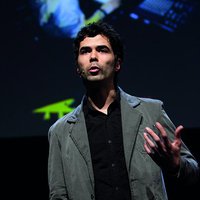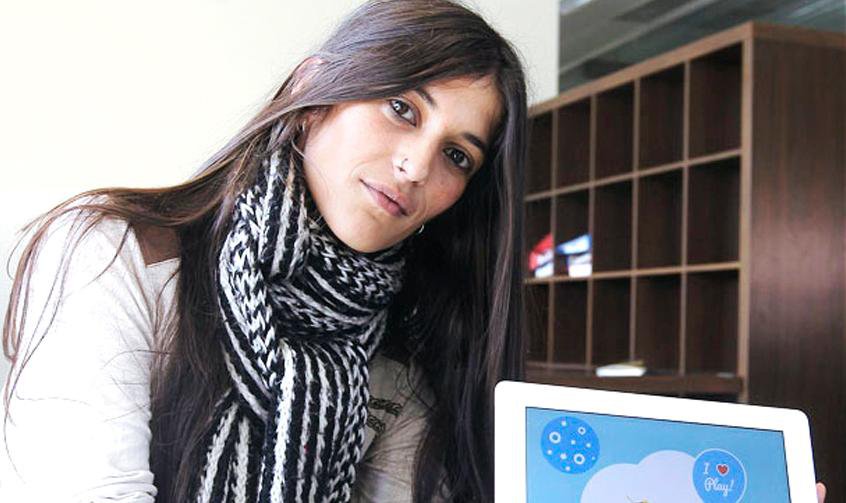"In a world growingly dominated by a constant generation of data about where we live, what we do and buy, what we read and watch, and offer to us the product most tailored to our supposed needs, why aren't these information used to do something really useful, that is to change the way we learn at school? This was the question that Karen Márquez asked herself, when in 2011 she co-founded Infantium, a web platform and start-up company aiming to use all the knowledge about how children actually learn to personalise their learning pathway.
“There is so much information that goes unused and we want to tap into it,” she explains. By looking at how a child interacts with his tablet, what content he selects, and most of all “what effect it has on him,” - that is to say, whether the child has learnt something more or less effectively, the platform applies cognitive technology and machine learning processes to tailor content in the subsequent interactions. If a child has showed that watching video tutorials has helped him understand a particular concept more than other methods, this would become a preferred way to propose future explanations. In other words, the platform detects patterns in the data produced by the kid while learning and will adjust its actions accordingly.
A former journalist with a Master in International Relations at the University of Barcelona and a sound entrepreneurial spirit further strengthened by a Master in Marketing & Sales at ESADE and SDA Bocconi, two prestigious business schools, Márquez has quickly identified the importance of big data and machine learning processes. In her own words, “Infantium is building the world’s most advanced computational cognitive architecture to personalise and maximise learning for each individual child.”
So how does this work? “Infantium's database system has a graph structure which aims to replicate the learning processes and responds to the child's strengths and weaknesses,” Márquez explains. The graphs and nodes allow mapping the relationships between different brain areas and functions, for example those responsible for the mathematical or language learning in kids. The product has been developed and tested together with experts and researchers in Pedagogy and Artificial Intelligence at the University of Barcelona, and a number of schools have been selected to test the system within their curriculum. Márquez and her team do not create content but they are sealing partnerships so that educational content is integrated into their platform. Also, content creators, which want to apply cognitive analysis to more effectively target their educational content, can use the Infantium API.
If neuroscience and cognitive technology can transform education from its roots, Márquez's venture is bringing kids closer to their unexpressed dream: a school that does exactly what they want, the way they want it."




